Description
J.B. Kripalani: A Biography of His Vision and Ideas, written by Verinder Grover, delves into the life and achievements of one of India’s most prominent political figures. This insightful biography provides a comprehensive account of J.B. Kripalani’s visionary ideas and his significant contributions to the nation’s struggle for independence and subsequent nation-building efforts. Grover’s meticulous research and engaging narrative offer readers a profound understanding of Kripalani’s ideologies and their impact on India’s socio-political landscape. This review will explore the key aspects of the book, including its summary, analysis, characterization, writing style, and the opinions of readers.
J.B. Kripalani: A Biography of His Vision and Ideas presents a compelling overview of the life and philosophy of J.B. Kripalani. The biography commences by tracing Kripalani’s early years, upbringing, and education, shedding light on the experiences that shaped his worldview. Grover then explores Kripalani’s involvement in the Indian National Congress and his active participation in the freedom struggle, highlighting his pivotal role in advocating nonviolent resistance. The book delves into Kripalani’s relationship with Mahatma Gandhi, showcasing their shared commitment to social justice and emancipation.
The biography delves into Kripalani’s post-independence journey, chronicling his contributions to the framing of India’s constitution and his tireless efforts to promote democratic governance and social welfare. Grover expertly portrays Kripalani’s leadership of the Kisan Sabha and his deep empathy for India’s farmers and labourers. The book also explores Kripalani’s engagement with international organizations and his fervent advocacy for world peace and nuclear disarmament. Ultimately, the biography provides a comprehensive account of Kripalani’s vision for a just and equitable society.
Verinder Grover’s biography of J.B. Kripalani stands out for its meticulous research and thoughtful analysis. The author’s in-depth exploration of primary sources, including letters, speeches, and personal interviews, adds credibility and richness to the narrative. Grover offers a balanced portrayal of Kripalani, shedding light on both his strengths and limitations as a political leader. The author critically examines Kripalani’s advocacy for socialist principles and his conflicts with other factions within the Congress party, providing readers with a nuanced understanding of the complexities of Indian politics during that era.
Grover’s analysis of Kripalani’s contribution to nation-building and his vision for social reform is particularly insightful. The book effectively highlights Kripalani’s commitment to secularism, gender equality, and the upliftment of marginalized communities. The author skillfully weaves together historical context, political analysis, and philosophical reflection to provide a comprehensive evaluation of Kripalani’s ideas. However, at times, the analysis may feel slightly repetitive, and a more streamlined approach could have enhanced the book’s readability.
J.B. Kripalani: A Biography of His Vision and Ideas stands among the notable biographies of Indian political leaders. In comparison to other works on similar subjects, Grover’s biography offers a distinct focus on Kripalani’s vision and ideas. While other biographies may primarily emphasize Kripalani’s role in the freedom struggle, Grover delves deeper into his post-independence endeavours and his contribution to shaping India’s democratic institutions.
The book’s comparative advantage lies in its exploration of Kripalani’s ideas in the context of contemporary challenges. Grover successfully draws connections between Kripalani’s vision and the issues faced by present-day India, making the biography relevant and thought-provoking for readers seeking insights into the country’s socio-political landscape. This comparative approach sets the book apart from more traditional biographies and enhances its significance as a historical and philosophical text.
J.B. Kripalani: A Biography of His Vision and Ideas explores several central themes that emerge from Kripalani’s life and work. One key theme is the pursuit of social justice and egalitarianism. Grover skillfully elucidates Kripalani’s unwavering commitment to equality, both within the Congress party and in broader society. The biography also delves into Kripalani’s belief in nonviolent resistance as a means of achieving political and social change, reflecting his deep admiration for Mahatma Gandhi.
Another prominent theme is Kripalani’s dedication to democratic governance. The biography highlights his pivotal role in shaping India’s constitution and his relentless efforts to promote grassroots democracy. Kripalani’s emphasis on decentralization, participatory democracy, and community-led development resonates with contemporary discussions on inclusive governance.
Furthermore, the biography explores Kripalani’s unwavering belief in the power of education and social reform to uplift marginalized communities. The author showcases Kripalani’s tireless work in empowering farmers, labourers, and women, underscoring the importance of inclusive development and equitable opportunities.
J.B. Kripalani: A Biography of His Vision and Ideas paints a vivid portrait of J.B. Kripalani, showcasing his strengths, convictions, and human vulnerabilities. Grover’s characterization captures Kripalani’s charismatic personality, intellectual acumen, and unwavering determination. The author offers readers glimpses into Kripalani’s personal life, providing valuable insights into his motivations, relationships, and personal challenges.
Kripalani emerges as a multidimensional character through Grover’s skilful portrayal. The biography delves into his struggles with self-doubt, his conflicts with other political leaders, and the sacrifices he made for his principles. By presenting Kripalani as a complex and relatable figure, the author adds depth and authenticity to the narrative.
About the Author:
Verinder Grover, the author of J.B. Kripalani: A Biography of His Vision and Ideas, is an eminent historian and political commentator. With a deep understanding of India’s political landscape, Grover brings expertise and nuanced analysis to his biographical work. He has previously authored several acclaimed books on Indian history, making him well-versed in the subject matter of this biography.
Grover’s extensive research, attention to detail, and ability to contextualize historical events make him a trusted authority on the life and ideas of J.B. Kripalani. His dedication to presenting an unbiased and comprehensive account of Kripalani’s life is evident throughout the book, establishing Grover’s credibility as a biographer.
Verinder Grover’s writing style in J.B. Kripalani: A Biography of His Vision and Ideas is both informative and engaging. The author’s prose is lucid and accessible, making complex ideas and historical events easily comprehensible to readers of varying backgrounds. Grover’s narrative flows smoothly, allowing the book to be read with ease.
Grover demonstrates his mastery of the subject matter through his careful organization of chapters and seamless transitions between different periods of Kripalani’s life. The author effectively incorporates vivid anecdotes and quotes, adding colour and depth to the narrative. Overall, Grover’s writing style captivates readers and keeps them engrossed in Kripalani’s journey.
What People Say About This Book:
J.B. Kripalani: A Biography of His Vision and Ideas has received widespread acclaim from readers and critics alike. Readers appreciate Verinder Grover’s meticulous research, comprehensive analysis, and nuanced portrayal of J.B. Kripalani. The book has been commended for its ability to shed light on lesser-known aspects of Kripalani’s life and for its exploration of his visionary ideas.
Readers also appreciate the relevance of the biography in the present context, as it provides insights into the challenges India faces today and offers inspiration for building a more inclusive and just society. The book’s readability and accessibility have been praised, making it accessible to both scholars and general readers interested in Indian history and politics.
- Meticulous research and comprehensive analysis.
- Thoughtful exploration of Kripalani’s vision and ideas.
- Relevance to contemporary socio-political issues.
- Engaging writing style and accessible prose.
- Balanced portrayal of Kripalani’s strengths and limitations.


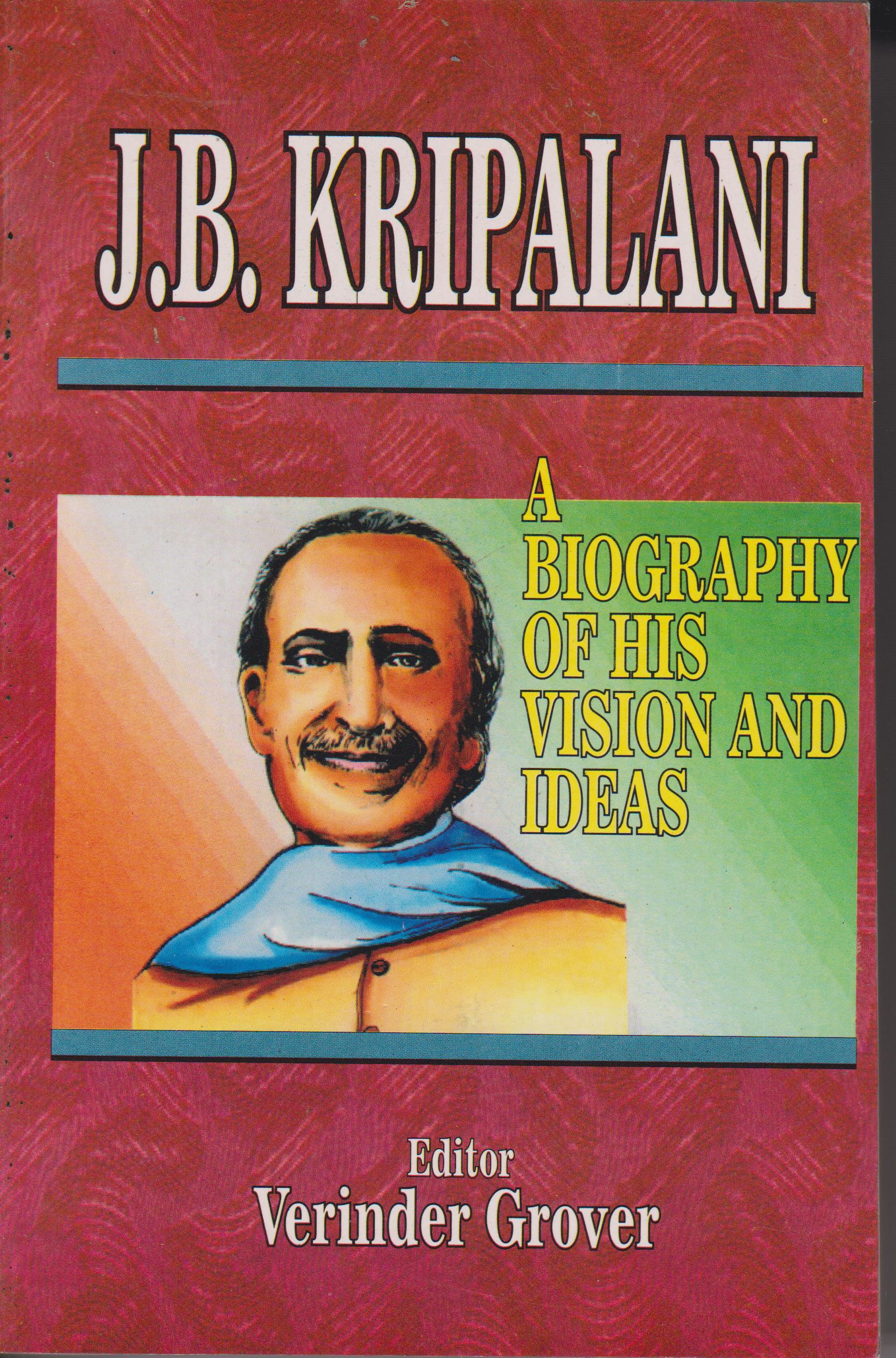

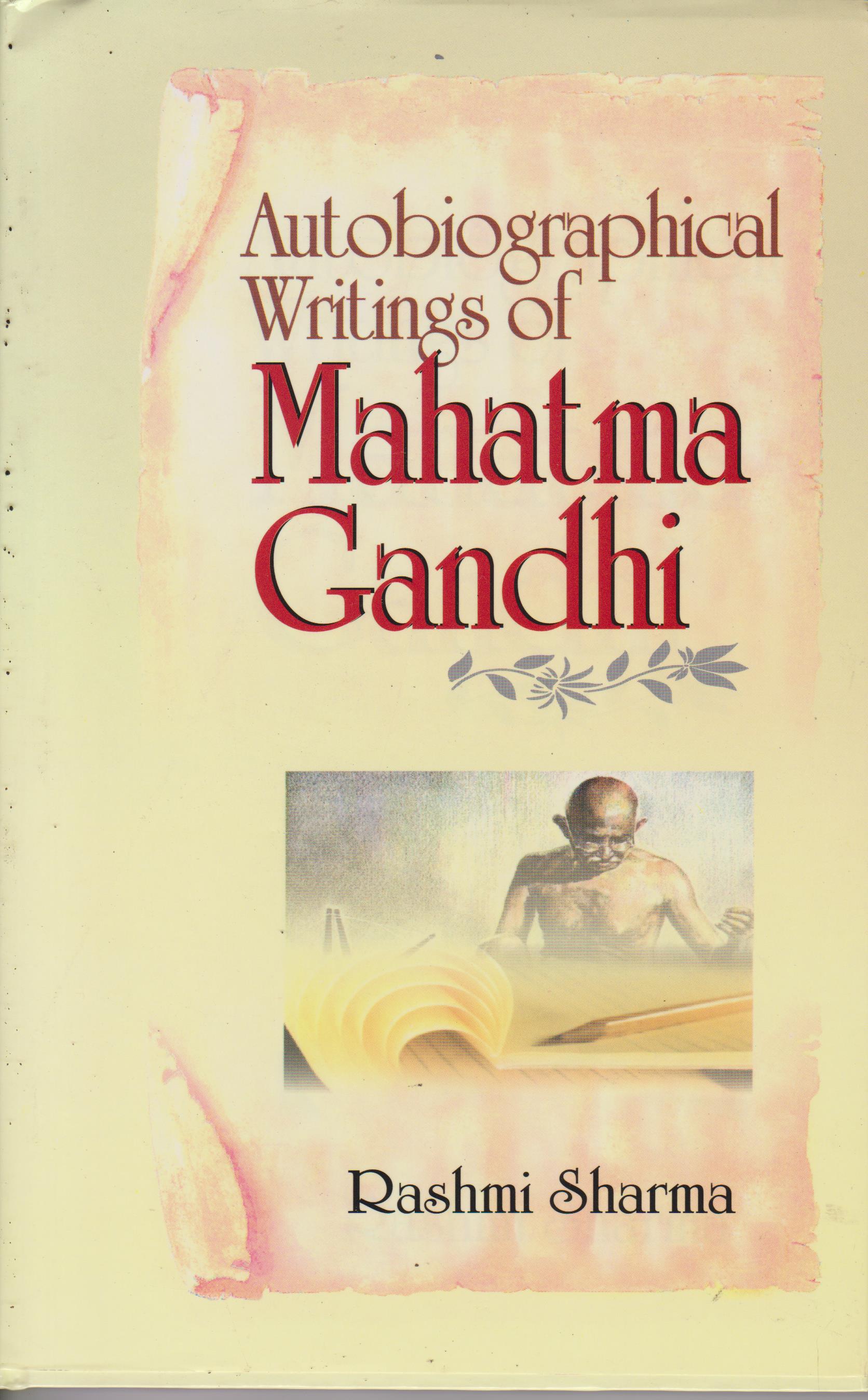
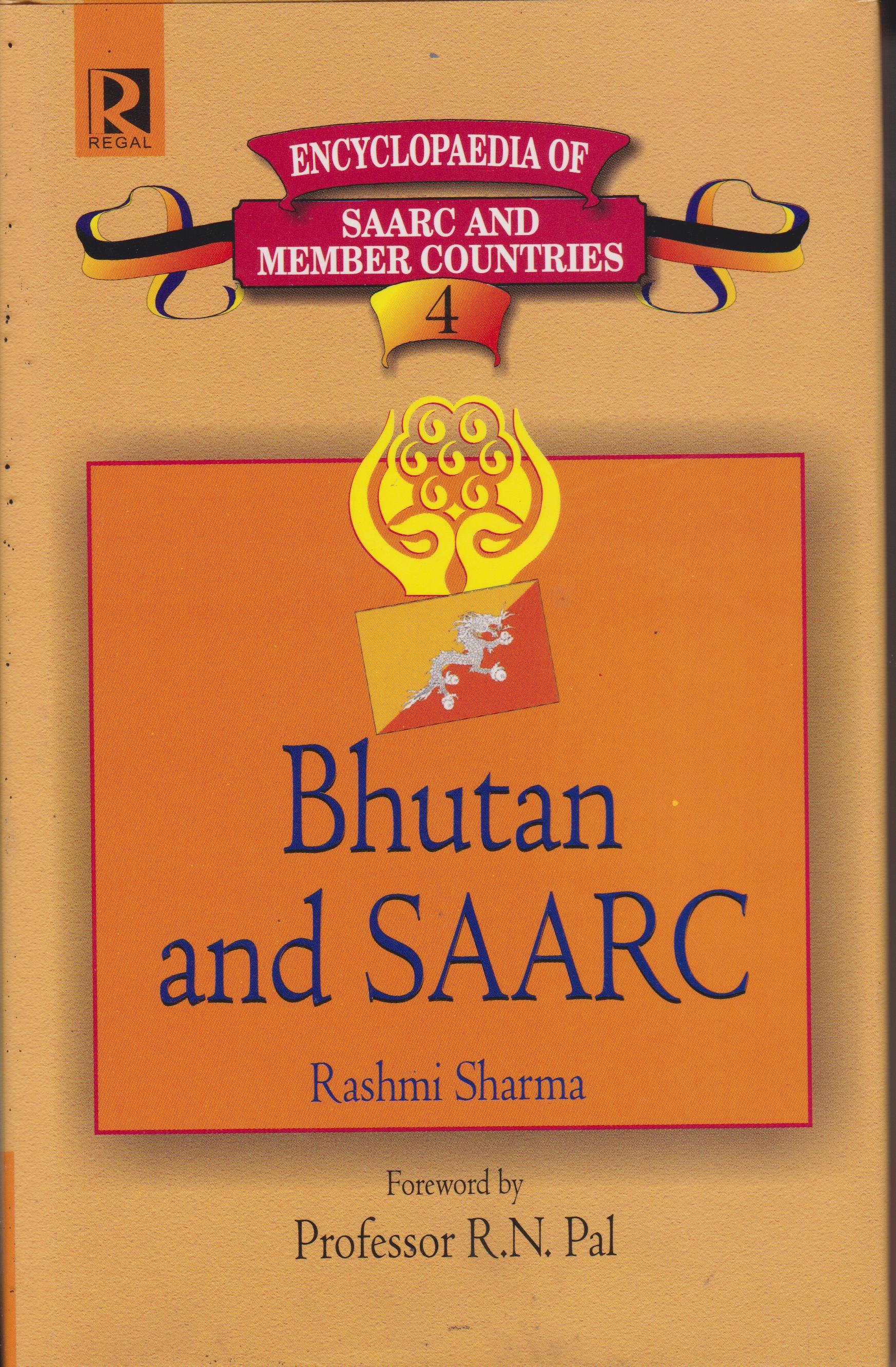
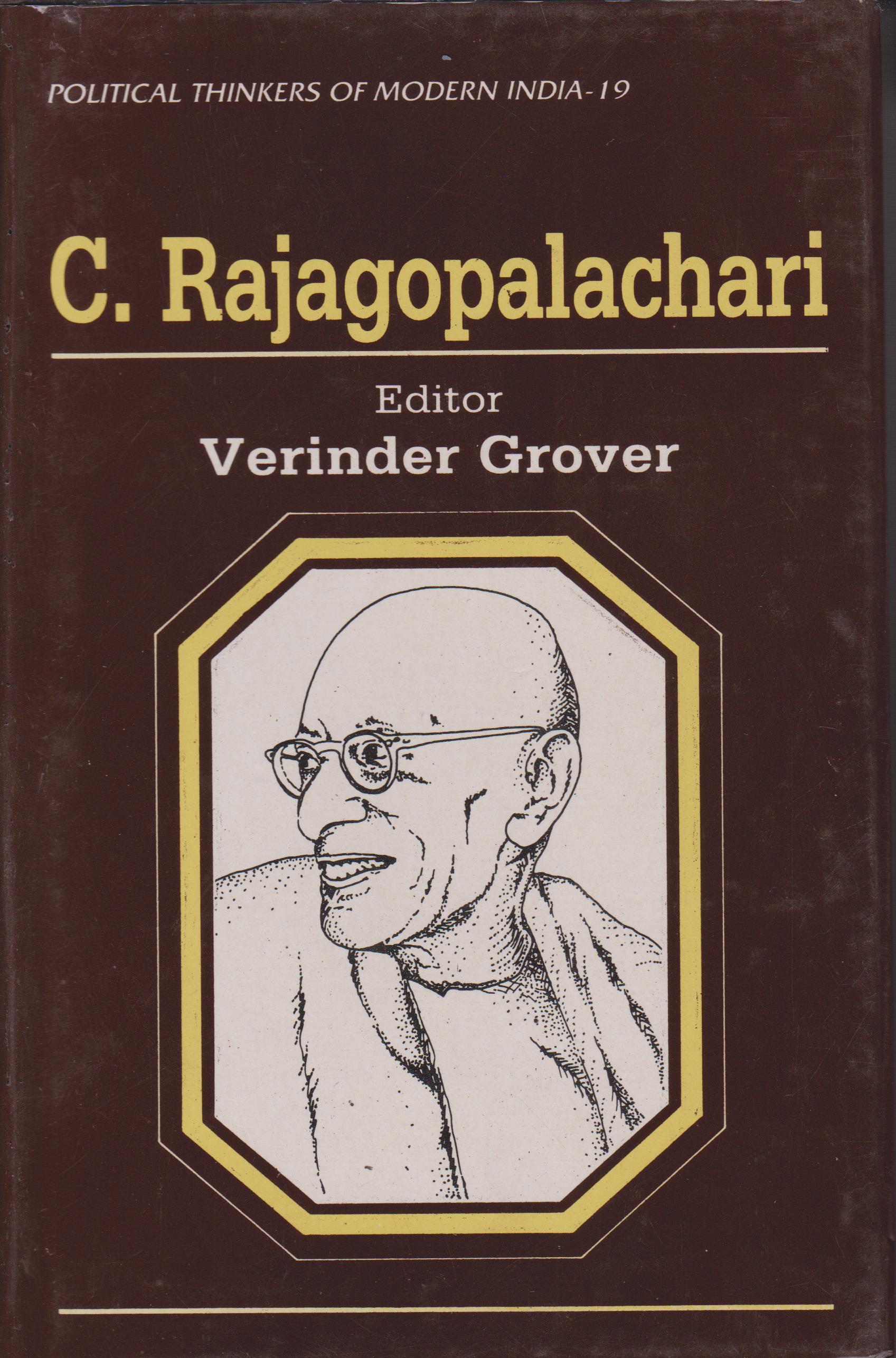
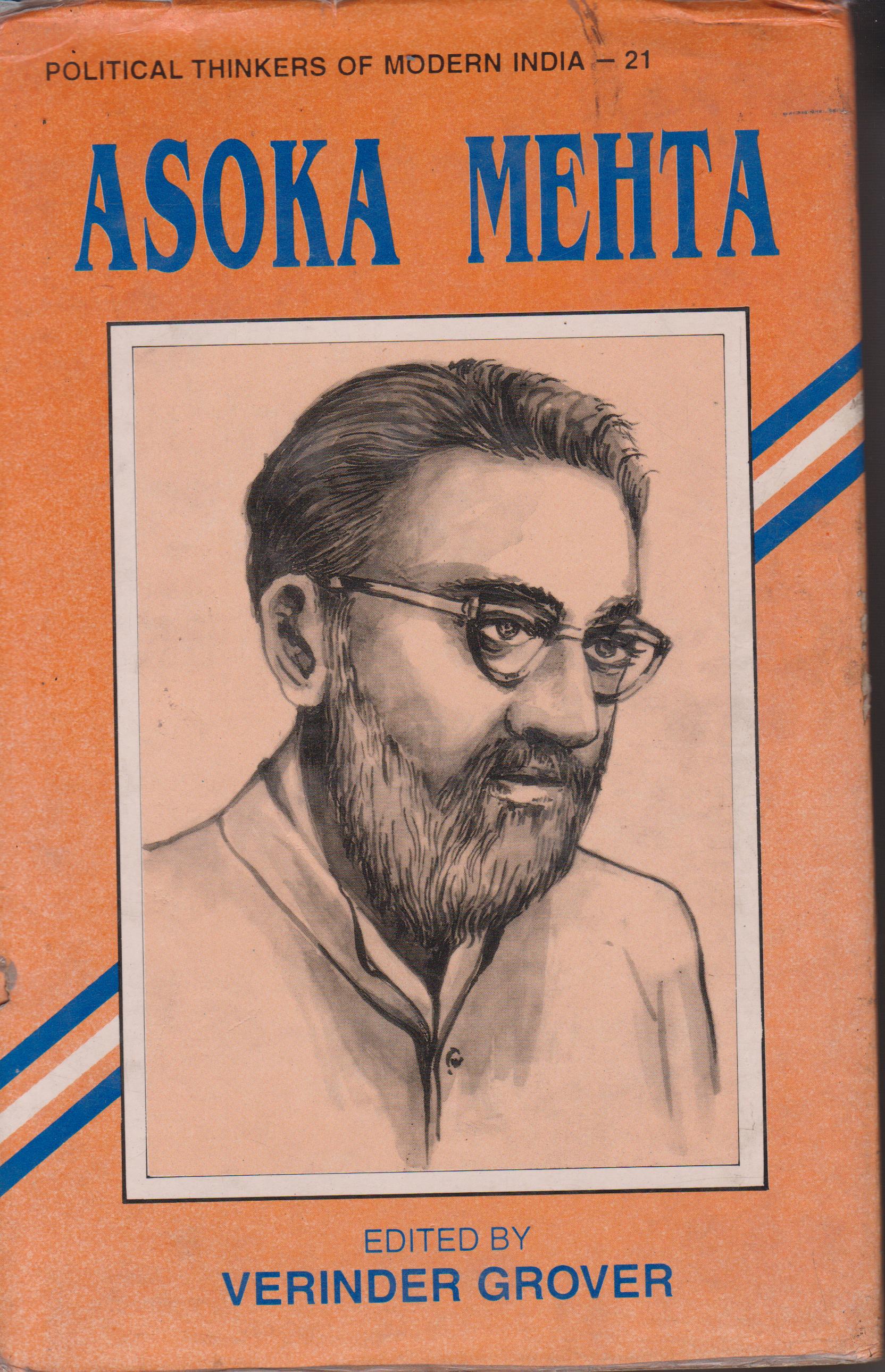
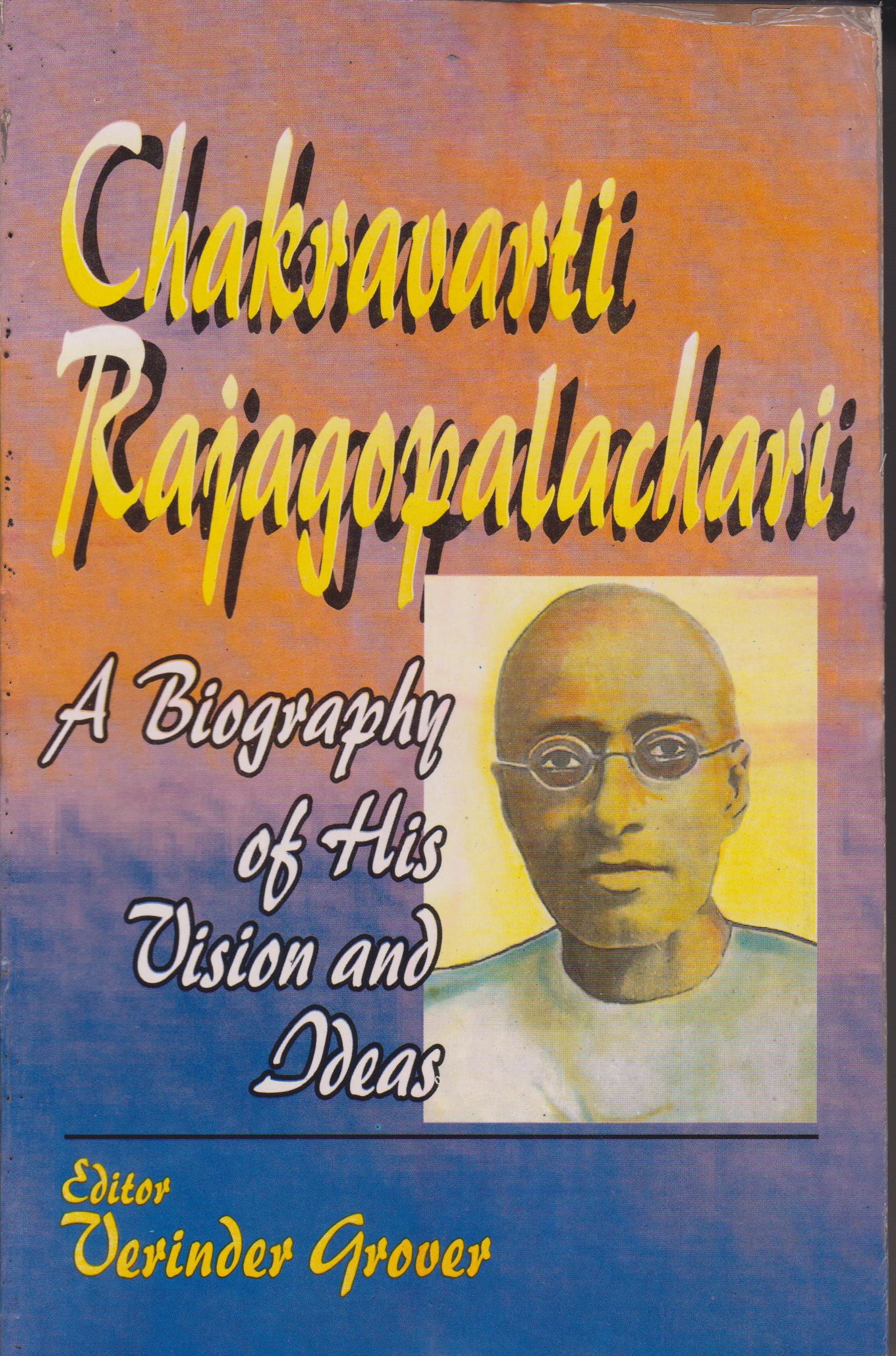
Reviews
There are no reviews yet.